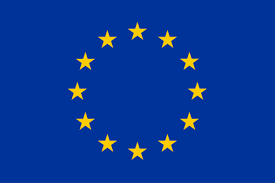Biodiversity is key to produce watermelons without pesticides – An example from an organic farm in IPMWORKS
The Horizon 2020 project IPMWORKS published a press release about the organic farmer Esther Molina of its Spanish greenhouse hub. She cultivates organic watermelons on her farm in Los Grillos without using pesticides thanks to conservation biological control.
Conservation biological control is a pest management strategy that supports natural enemies of pests present in the agroecosystem and promotes their effectiveness as predators, parasitoids or pathogens. These natural enemies then regulate the spreading of pests on the farm. Therefore, Esther planted all kinds of reservoir plants between bands and aisles (like marigold, immortelle and lobularia). This wide diversity of plants provides shelter and food to natural enemies of pests. “All I do is taking care of biodiversity.” Esther says. With this approach, Esther can produce high-quality organic watermelons without using insecticides.
You can find the full press release here.
IPMWORKS builds a European farm network to demonstrate integrated pest management (IPM) strategies and to promote the adoption of such strategies via knowledge exchange. IPMWORKS coordinates existing networks promoting IPM and launched new hubs of farms in regions or sectors where IPM pioneers were not yet engaged in a relevant network. IFOAM Organic Europe’s role in the project is to coordinate the network of organic farms that are involved in the project.


